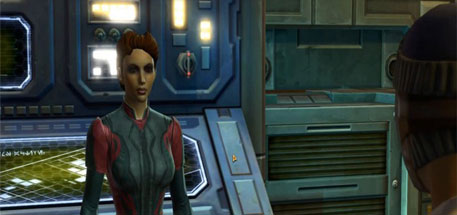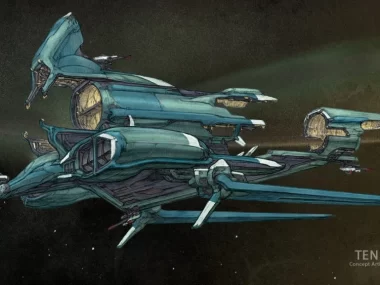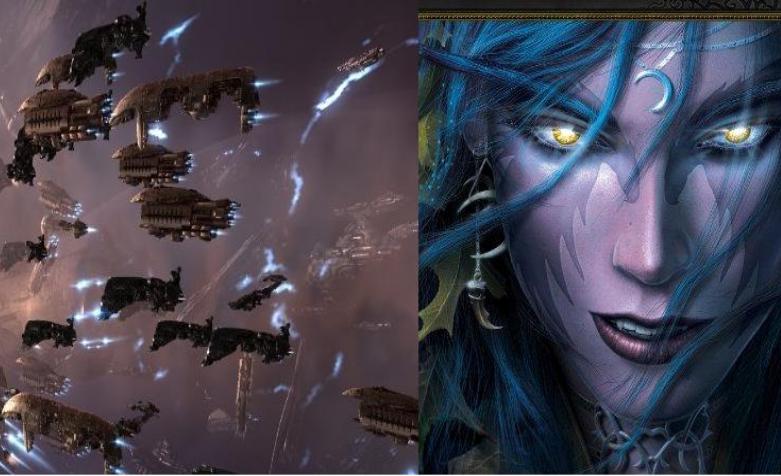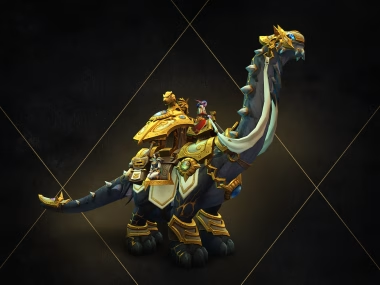More details have been revealed about the lawsuit surrounding Subnautica 2. The situation is, potentially, more complicated than it first appeared. Do not fall into the trap of forming an opinion yet. All the facts have not been released, particularly Krafton’s side.
At the center of the controversy is a $250 million bonus deal tied to Unknown Worlds, the studio behind Subnautica. When Krafton acquired Unknown Worlds in 2021, they promised a huge payout if the studio hit specific revenue milestones by the end of 2025. That bonus wasn’t just for the company. Nearly 90% of it, $225 million, was designated for the three founders: Charlie Cleveland, Max McGuire, and Ted Gill.
Now, those founders are suing Krafton. They claim Krafton deliberately sabotaged the release schedule for Subnautica 2 to avoid paying the bonus.
Here’s the problem: morality does not always equal legality. This lawsuit sits right at that intersection.
What The Lawsuit Claims
The core allegation is simple. According to the ousted leadership, Subnautica 2 was on track for a 2025 early access release. Financial forecasts looked good, maybe too good for Krafton’s comfort. The lawsuit claims that when Krafton realized the bonus might actually happen, they pressured Unknown Worlds to delay the game, pulled marketing support, halted localization work, and then fired the founding team.
Krafton’s CEO, CH Kim, allegedly said during a company lunch that paying the earnout would be “embarrassing” for Krafton, and that launching Subnautica 2 on schedule “could be disastrous financially.”
That’s a direct quote from the lawsuit. If true, it’s not a good look. Did Krafton pay too much for Unknown Worlds?
But… There’s More to This Story
From a moral standpoint, it feels shady to claim a huge payout after stepping away from development. And that’s exactly what happened here.
Charlie Cleveland openly admitted he was burnt out. In his own words:
“I needed to switch away from Subnautica. I’d been working on it for five years, as intensely as I have been working on Moonbreaker for five years. But this one I want to keep working on. I love Subnautica, but those five years were really tough.”
He moved to Los Angeles in late 2023 and started focusing on film projects instead of Subnautica 2. Max McGuire, the CTO, also stepped back from active technical leadership. Krafton claims they repeatedly asked both of them to resume their roles on Subnautica 2, but they declined.
If it had been me, I would have handled it differently. I would have taken a month off. Gone on a great vacation. Come back refreshed. Remember the fans who supported the game, and stay focused on finishing Subnautica 2. That would have been my legacy. The sooner the game shipped, the sooner I’d have my freedom to work on movies or side projects. Everybody wins. Players get a quality game, Krafton gets their sequel, and the team gets to move on with pride.
Subnautica 2 should have been easier to ship. Players simply want more of the original with improvements. If I were in charge, I’d have asked the community directly: “What are the top 5 new things you want in Subnautica 2? What are the top 5 improvements?” Then I’d go on vacation. Come back, look at the answers, and make a plan.
Again, moral decisions aren’t always legal ones.
The Legal Gray Area
Earnouts like this one are common in acquisitions. The logic is simple: if you sell your company, you usually agree to stay involved for a while to keep things running smoothly. It’s a way to make sure the transition works.
The $250 million bonus was structured that way for a reason. It wasn’t just about rewarding the founders. It was about keeping them engaged, ensuring they stayed focused on Subnautica 2 and helped it succeed.
Here’s the catch: the actual contract, according to public filings and lawsuit details, didn’t legally require day-to-day involvement. It just required Unknown Worlds to hit specific revenue targets by the end of 2025. Who decides the quality of the game?
The contract also explicitly stated that the founders could not be fired “for cause” unless they committed something serious. Fraud, criminal acts, intentional sabotage, or willful misconduct. Burnout, stepping back to work on other projects, or being indecisive about creative direction? None of that counts as “cause” under the legal terms.
In fact, the lawsuit points out that Krafton itself referred to post-termination benefits meant for employees let go “without cause.” That suggests Krafton knew the firings didn’t meet the bar required by the contract.
Why Did This Fall Apart?
Let’s break down the timeline:
- 2021: Krafton buys Unknown Worlds. The earnout deal is signed. Subnautica 2 is expected to ship into early access in 2025.
- 2024: Moonbreaker is released. It flopped… hard.
- 2024: Subnautica (the original) performs better than expected on new platforms, including mobile and the rumored Switch 2.
- Early 2025: CEO Ted Gill reportedly starts pushing for the bonus pool to be expanded to include more staff. Not just the founders.
- Revenue projections for Subnautica 2 look strong. The early access launch is on track to meet the 2025 targets.
At that point, according to the lawsuit, Krafton’s attitude shifts. The bonus is suddenly a real possibility. Not just a theoretical payout. So Krafton allegedly starts looking for ways to stop it.
They delay the game into 2026. They pull support. They fire the leadership. And by doing so, they conveniently avoid paying $250 million.
Morality vs Business Reality
Is it uncomfortable that Cleveland and Gill were planning to cash out while focusing on movies and other side projects? Absolutely. Many fans and industry insiders feel uneasy about that.
Business contracts aren’t about feelings. They’re about terms.
If Krafton agreed to a deal that allowed the founders to step back and still collect a payout if the studio hit revenue milestones, that’s an expensive lesson to learn. Not a loophole to exploit after the fact.
The founders argue that Krafton saw the bonus coming and deliberately sabotaged the project to prevent it. Krafton argues they were protecting the quality of the game by pushing for more time.
Both sides are acting in their own self-interest. That’s not unusual in business. What makes this case different is how public it’s become, and how much it reveals about the risks of poorly structured deals.
The Bigger Question
This lawsuit isn’t just about Subnautica 2. It’s about the tension between creative leadership and corporate control. It’s about what happens when contracts don’t fully match the realities of development. And the fine line between business strategy and outright sabotage.
If the goal was to make a great game, the path was clear: keep the team focused, ship Subnautica 2 in 2025, and let the players decide if it was worth the price. When bonuses and ownership change hands, priorities shift. Sometimes the product itself becomes collateral damage.
Remember…
Don’t rush to pick a side just yet. Krafton hasn’t released its full response, and there are still facts missing. This situation is already a cautionary tale.
If you’re a developer thinking about selling your studio, look carefully at your earnout terms. Make sure the contract reflects not just the financial targets but the realities of leadership, creative focus, and what happens if you want to step back.
If you’re a publisher writing the checks? Double check the terms to ensure the behavior you expect from executives is in the contract.
In the end, the Subnautica 2 lawsuit isn’t just about a game delay. It’s about trust, contracts, and the price of walking away too soon.






